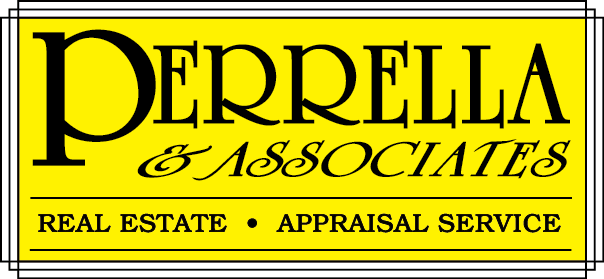3 Questions Clients Should Ask Before Buying a Vacation Rental
If you have buyers interested in purchasing a vacation property as an investment and for extra cash flow, now is a great time, according to finance expert Rob Stephens, co-founder and general manager of Avalara MyLodgeTax, a tax solutions provider. Sites like Airbnb and HomeAway have contributed to the explosive growth in the number of travelers seeking to rent private homes for comfort, privacy, and sometimes lower costs.
“There’s no question that the vacation rental business is booming,” Stephens says. The short-term rental market in the United States alone is approaching $18 billion in revenue, with a projected annual growth rate of 6.6 percent, he says.
However, before your buyers decide to take on a short-term rental, Stephens advises that you pass on these three questions to help ensure their success:
1. Is a vacation rental a smart investment for you? Buying a vacation property can certainly be exciting, especially if it’s in a destination where the buyers love to spend time themselves. However, your clients need to be confident that they can cover all the costs involved. In addition to the transaction costs, make sure they understand what it will take to operate the rental. Do your clients plan to manage the property themselves or hire a professional (possibly you)? A vacation rental only generates income when it’s occupied, so your client needs to figure out how many renters they need each month and how much to charge to cover the cost of the property, and then decide whether it’s realistic or not.
Beyond the Mortgage: Explore Ownership Expenses With Investors
2. What are the laws governing short-term rentals in the community? Before you put in that offer on behalf of your investor clients, make sure the community or homeowners association allow short-term rentals. “Many communities prohibit owners from renting out their homes for fewer than 30 days,” Stephens says. Even some cities and states are starting to impose regulations on vacation rentals, he adds. Help your clients investigate short-term rental laws and regulations, including fines and other penalties if the property doesn’t comply. Call the HOA property management company, visit the city hall website, and have conversations with local agents who also handle vacation rentals.
3. Which taxes and fees are you required to collect from guests? “Many real estate investors overlook the fact that lodging or occupancy taxes need to be paid in order to rent the home in compliance with city and state tax agencies,” Stephens says. State and local lodging taxes vary widely, and can change with little notice, Stephens says. Your buyers need a lodging tax compliance tool or software if they’re planning to handle the rental themselves. “The right tool will offer a full range of solutions, including determining the vacation rental taxes and reporting requirements as well as calculating and filing returns on a monthly or quarterly basis,” Stephens says.
Source: Rob Stephens, Avalara MyLodgeTax
Daily Real Estate News | Friday, May 25, 2018


